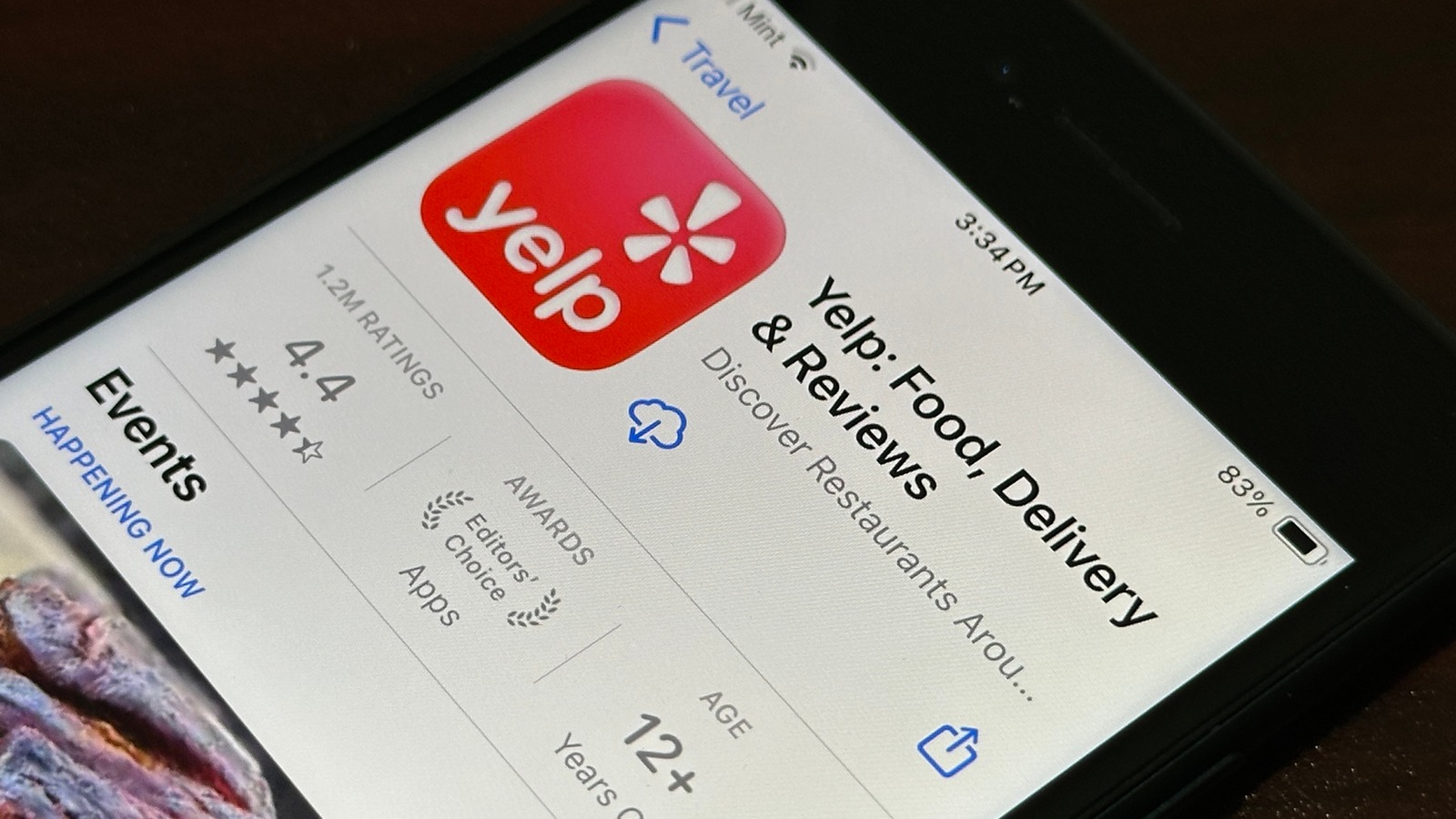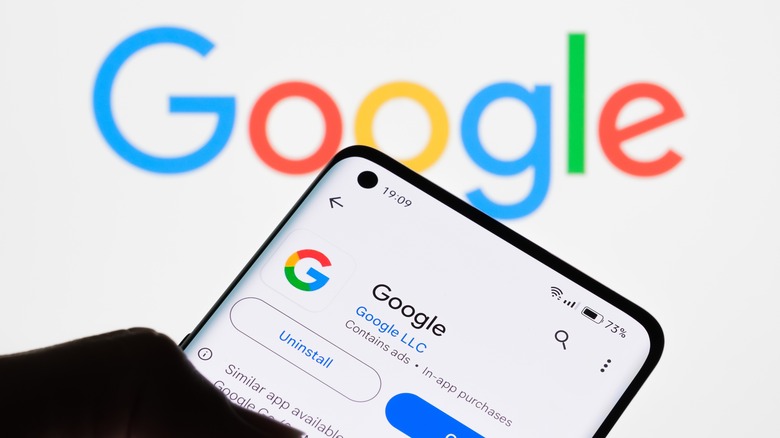In the modern world, it’s perhaps no secret (although no less tragic) that special interest groups and multi-billion dollar corporations are everywhere — often with their hands in consumers’ pockets. When it comes to intellectual property and information accessibility, and where this realm intersects with money and advertising, it’s perhaps no surprise that things can get complicated. Now, Yelp has filed an antitrust lawsuit against Google on August 28 in San Francisco federal court with the intention of helping break up the search engine’s monopoly over internet search results.
In an official statement, Yelp calls Google “the largest information gatekeeper in existence, putting its heavy thumb on the scale to stifle competition and keep consumers within its own walled garden.” When a potential customer searches for terms like “pasta in New York City” or “best Hollywood restaurants,” Google’s algorithm directs them toward Google reviews, maps, and business sites rather than toward the carefully curated customer review system Yelp has developed, or toward any other non-Google platform, for that matter. With food delivery apps, businesses can pay higher fees for greater visibility, but on the vast internet, Google has largely eliminated competitors altogether.
According to Yelp, “Google has illegally abused its monopoly in general search to dominate the local search and local search advertising markets — engaging in anticompetitive conduct that has degraded the quality of search results and demoted rivals to grow its market power.” Yelp is seeking monetary damages of an unspecified amount.
Yelp’s lawsuit comes a few weeks after a federal antitrust suit against Google
Not only does Google allegedly take traffic, money, and future scale away from other platforms like Yelp, which also rely on advertisements for the bulk of their revenue, but it also provides consumers with overall lower-quality information to fit their searches, says Yelp. As the restaurant review site’s statement elaborates, “Rather than compete on the merits with companies like Yelp … Google’s local search results are on average shorter, more prone to error, less subject to quality control, and less likely to result in user engagement than Yelp’s local search results and those of other local search competitors.”
Google is no stranger to lawsuits. Echoing allegations presented by Yelp’s new lawsuit, earlier this month, the U.S. District Court for the District of Columbia ruled that Google holds an illegal monopoly in violation of U.S. antitrust law. The ruling came after uncovered information that Google has spent billions on exclusive contracts as the go-to search engine platform for different device manufacturers and cell service providers. This market dominance has also enabled Google to charge higher fees for advertisements, and when Google is the default search engine, those advertisements get that much more exposure. White House Press Secretary Karine Jean-Pierre commented in a statement, via CNN, “As President Biden and Vice President Harris have long said, Americans deserve an internet that is free, fair, and open for competition.” Roughly 90% of internet searches are currently conducted through Google.


